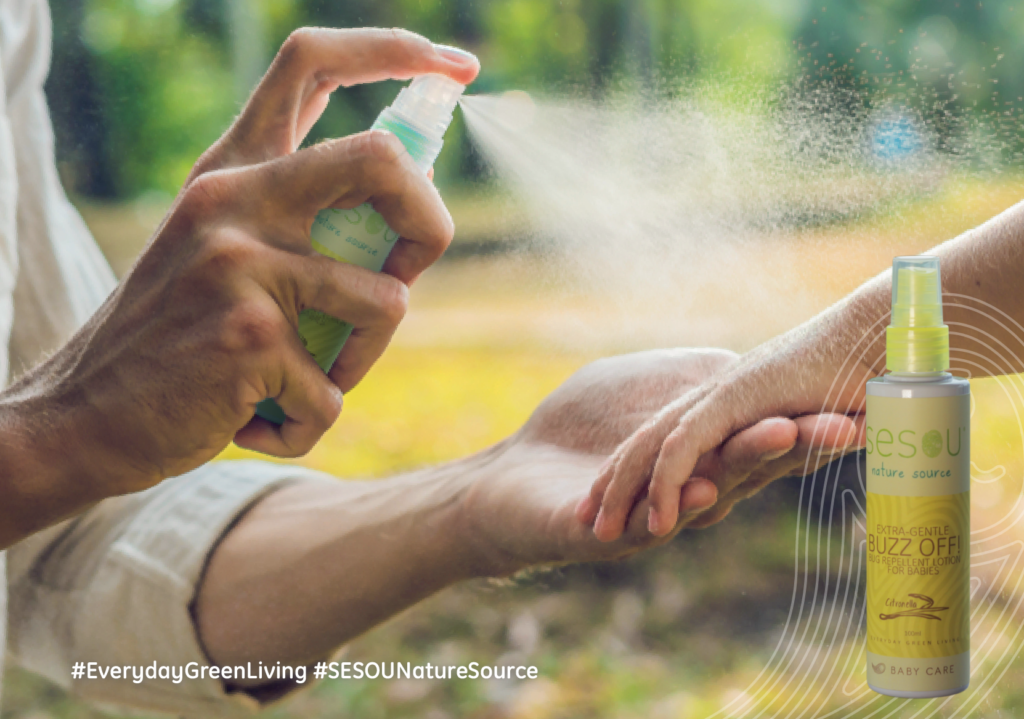How to avoid dengue in The Philippines
by Chiara Quiocho / September 13, 2019
Worried about the dengue epidemic in the Philippines? Protect yourself and your loved ones this rainy season with these easy tips to shoo away mosquitoes and the nasty diseases they carry.
1. Educate yourself!
You’re paranoid about dengue. It’s totally understandable. The first step to protecting yourself and the people you hold dear is to understand what you’re up against. Dengue–or dengue fever–is a viral disease that can be contracted through a bite from an infected Aedes mosquito. This species of mosquito, known for its black and white stripes, is also the carrier for serious illnesses such as the Zika virus, yellow fever and chikungunya.
Luckily, not everyone who gets bitten by a dengue-infected mosquito will exhibit the extreme form of the sickness, and may just feel extremely ill for a few days. However, according to the World Health Organization, incidences of severe dengue have gone up 30 times in the past 50 years. Yikes!
Head to the hospital if you or anyone you know exhibits the following symptoms:
- High fever
- Pain behind the eyes
- Joint and muscle pain
- Fatigue
- Nausea
- Vomiting
- Rashes which can occur two to five days after the onset of fever
- Mild bleeding (ex. blood in gums, nose bleeds or bruising)
Make sure you pay attention to the symptoms of dengue fever, because if someone who’s already infected with dengue gets bitten by a mosquito, then that mosquito becomes infected as well. This sets off a nasty chain reaction that can affect entire communities!
Another not-so-fun fact: there are actually FOUR strains of dengue out there! So even if you’ve had dengue before, you aren’t exactly in the clear. You can still get sick again if you contract a different dengue strain, so stay vigilant.
2. Wear long sleeves and pants.
The best way to prevent dengue is to stop those little menaces from biting you in the first place. Cover up exposed skin by wearing long sleeves and pants or leggings, so that mosquitoes can’t bite you. In this sweater weather, that won’t be a problem!
The common misconception is that Aedes mosquitoes only bite during the day. They can also bite you in well-lit places at night.
3. Use mosquito repellent.

Even if you are fully clothed, you could always risk a mosquito slipping into your shirt. Or maybe you’re just chilling at home and you don’t want to switch out of your pambahay clothes. Make sure to slather mosquito repellents with DEET, like Off! Lotion. DEET is a chemical that was developed for the American Army in the 1940s. When applied to the surface of the skin, it prevents mosquitoes from biting you.
However, the Center for Disease Control (CDC) cautions against using DEET for babies under 2 months old. If you’re worried about using heavy-duty commercial chemicals like DEET for babies and children, or if you have sensitive skin, there are organic insect repellents available on the market as well.
Natural insect repellents use plant-based ingredients from natural insect-repelling plants like citronella or neem to keep mosquitos away. Try a natural mosquito repellent from the Philippines from brands like SESOU Nature Source.
4. Clean out water containers.
One of the best ways to keep dengue mosquitoes from you and your family is to make it hard for them to breed and multiply in your home. Aedes mosquitoes tend to lay their eggs in clean, stagnant water, so clean out areas where rainwater can collect, such as gutters and swimming pools, to make sure that mosquitoes don’t breed here. Loosen the soil of your plants too, as water can collect on the surface of potted plants.
Avoid keeping containers that hold standing water from your home as well. Inconspicuous objects like a vase of flowers, an empty styrofoam cup, or even a dog bowl could turn into a breeding ground for mosquitoes if you don’t monitor the water.
5. Make sure your screens are intact.
Screens can keep mosquitoes out of rooms and homes, so make sure there are no holes in your screen doors or windows. You might also want to invest in mosquito nets if you have very young babies, or if your skin reacts badly to your mosquito repellents. You’ll rest easier knowing no pesky mosquitoes will bite you in your sleep.
Follow these five steps to prevent dengue and other mosquito-related diseases. And learn more about how to prepare for an emergency so that you can be ready to keep your family safe!



